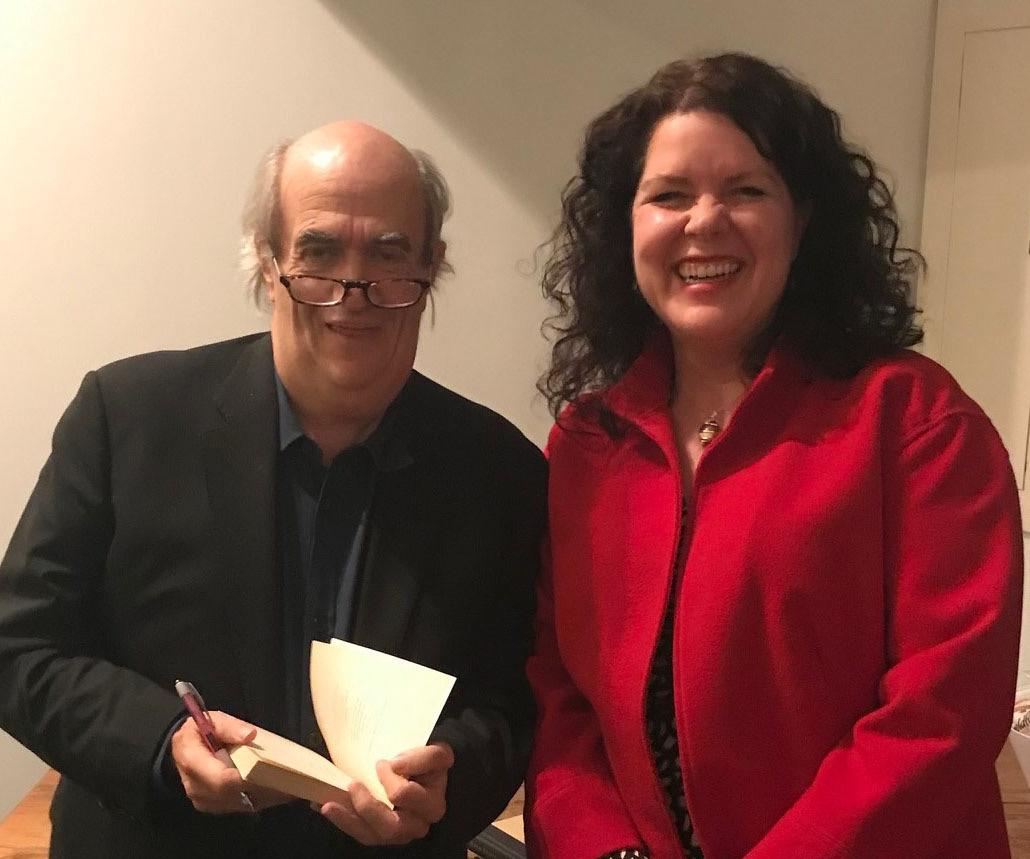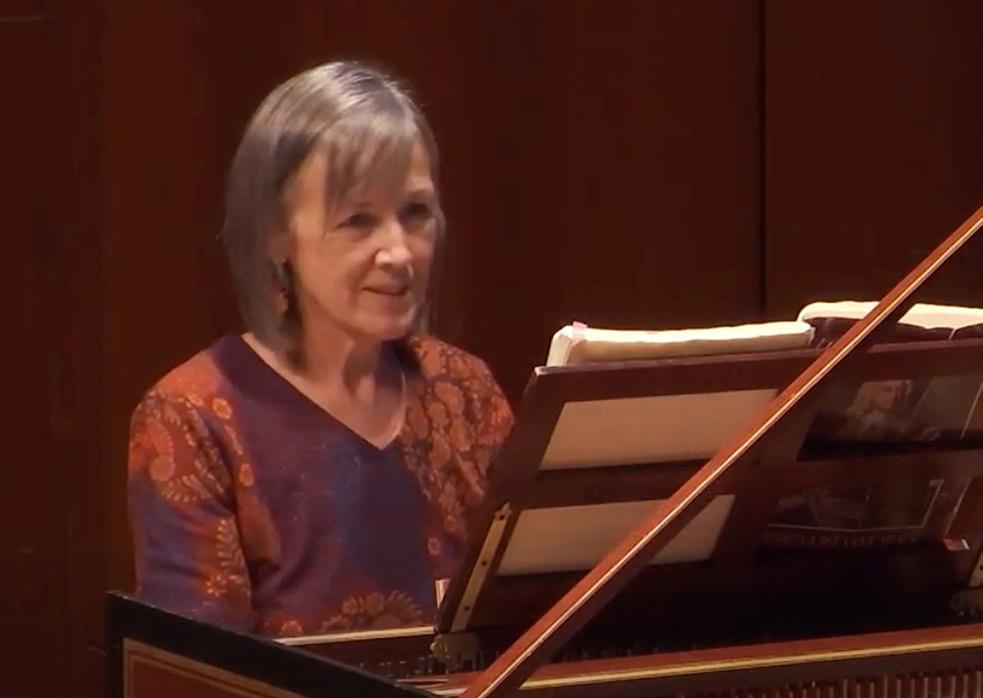lytical and problem-solving skills, and a demonstrated ability to apply knowledge and skills in real-world settings.” Vocation programming and course work is embedded in that conception of liberal education. In my experience, a Paideia 450 course is an ideal vehicle for juniors and seniors to reflect on real-world questions. Since 1978, the Luther curriculum has included this team-taught, interdisciplinary course that studies “an ethical issue that confronts us in our lives as learners and citizens.” Paideia 450s teach approaches to moral reasoning—guiding students to think about how to ask ethical questions—instead of teaching a particular moral framework. Students in these courses are asked to grapple with the tensions between abstract principles and real-life choices, or to examine how values guide the formation of specific policies. They prepare for debates and roundtable discussions, participate in case studies and scenarios, and write ethical assessments—balancing scholarly writings with personal experience— to work to resolve conflicting values. In these ways, the Paideia 450 experience reflects the energy of integrative learning at Luther College. A recent collection of case studies published by the AAC&U celebrated this common capstone experience, citing the way that “Paideia 450 prepares students to work with ‘unscripted questions,’ to address complex societal problems—problems where the right answer is unknown—in their personal lives, communities, and future workplaces” (Rising to the LEAP Challenge: Case Studies of Integrative Pathways to Student Signature Work, 2017). As a Paideia 450, “The Search for Happiness” asks students to weigh well-being with the competing interests of the “American dream,” working with unscripted questions as they look toward the future.
in measuring up or in pleasing God. “We are justified by faith rather than by ‘getting it right’” (“The Work of a Christian: Vocation in Lutheran Perspective,” 2005). We can’t be everything, but our baptism makes us free to act—to do something. This releases Christian students from the demand to somehow find the one unique and perfect purpose for their lives. Instead, it gives them (and me!) the freedom to pursue a life of meaning in any and every circumstance, even in the midst of a pandemic. Hopefully, this freedom extends itself to tackling sabbatical research beyond my area of expertise. With gratitude for the support of the college and all that I learn in my shared work with colleagues, I look back on a year filled with a sense of purpose.
When I teach about vocation, one of my favorite readings is an article by Kathryn Kleinhans, former professor of religion at Wartburg College and now dean of Trinity Lutheran Seminary at Capital University in Columbus, Ohio. In her Lutheran theology, where good works follow from faith, Kleinhans reminds us that Christian confidence is not found Fall 2020/Agora
17


















